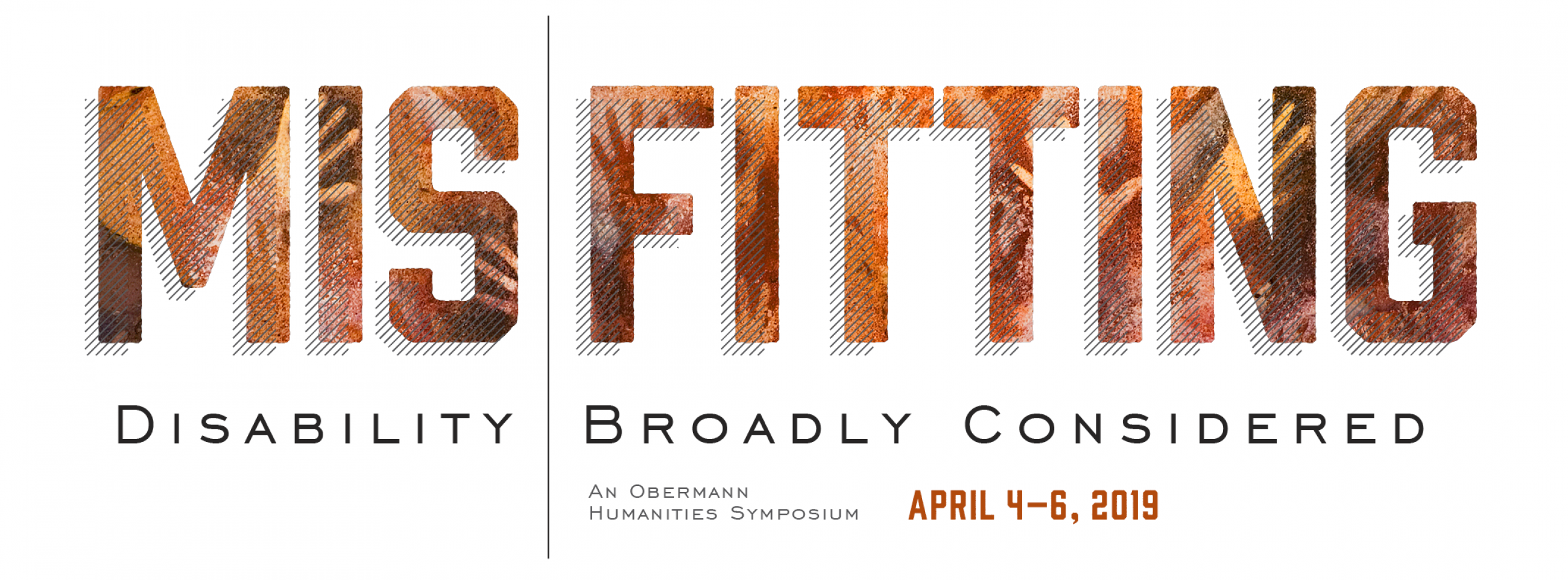Douglas Baynton, Professor, Department of History (CLAS)
 Doug Baynton’s primary interest is the history of disability in the United States. His research and teaching explore how the cultural meanings of disabilities have changed over time, with particular interest in how the concept of disability can shed light on our understanding of such topics as nativism, eugenics, racial stereotyping, gender roles, and ideas of progress and decline, civilization and nature.
Doug Baynton’s primary interest is the history of disability in the United States. His research and teaching explore how the cultural meanings of disabilities have changed over time, with particular interest in how the concept of disability can shed light on our understanding of such topics as nativism, eugenics, racial stereotyping, gender roles, and ideas of progress and decline, civilization and nature.
Dr. Baynton’s first book, Forbidden Signs: American Culture and the Campaign against Sign Language (1996), is a cultural history of debates over American Sign Language and the meaning of deafness in the nineteenth and twentieth centuries. His second, Through Deaf Eyes: A Photographic History (2007), the companion volume to a PBS documentary film, explores and reinterprets American history from the perspective of the Deaf community. Doug’s latest book, Defectives in the Land: Disability and Immigration in the Age of Eugenics (2016), is a history of the concept of “defective persons” in the making of American immigration policy in the late 19th and early 20th centuries.
Dr. Baynton serves on the Editorial Board of Sign Language Studies, Disability Studies Quarterly, and Deaf Studies Digital Journal. He has served as a consultant and on-air commentator for an award-winning PBS documentary, Through Deaf Eyes, and for a National Public Radio broadcast, “Beyond Affliction: The Disability History Project.” He is currently an advisor for a PBS documentary film biography in development, Becoming Helen Keller, and for the online Disability History Museum.
For more, please visit https://clas.uiowa.edu/history/people/douglas-baynton.
Tricia Zebrowski, Professor, Department of Communication Sciences & Disorders (CLAS)
 Patricia M. (Tricia) Zebrowski is a professor emerita in the Department of Communication Sciences and Disorders. Her research focuses on the onset and development of stuttering in early childhood and the underlying cognitive factors that predict change readiness (including engagement in therapy) for teens who stutter. For over 20 years Tricia has directed UISPEAKS for Teens, a summer residential program for adolescents who stutter held on the UI campus. She is a Fellow of the American Speech-Language and Hearing Association and an American Board of Fluency and Fluency Disorders certified clinical specialist. Tricia has authored a book in stuttering intervention and numerous research and clinical papers in addition to educational videos on stuttering and stuttering intervention. She has presented widely at state, national and international conferences.
Patricia M. (Tricia) Zebrowski is a professor emerita in the Department of Communication Sciences and Disorders. Her research focuses on the onset and development of stuttering in early childhood and the underlying cognitive factors that predict change readiness (including engagement in therapy) for teens who stutter. For over 20 years Tricia has directed UISPEAKS for Teens, a summer residential program for adolescents who stutter held on the UI campus. She is a Fellow of the American Speech-Language and Hearing Association and an American Board of Fluency and Fluency Disorders certified clinical specialist. Tricia has authored a book in stuttering intervention and numerous research and clinical papers in addition to educational videos on stuttering and stuttering intervention. She has presented widely at state, national and international conferences.
